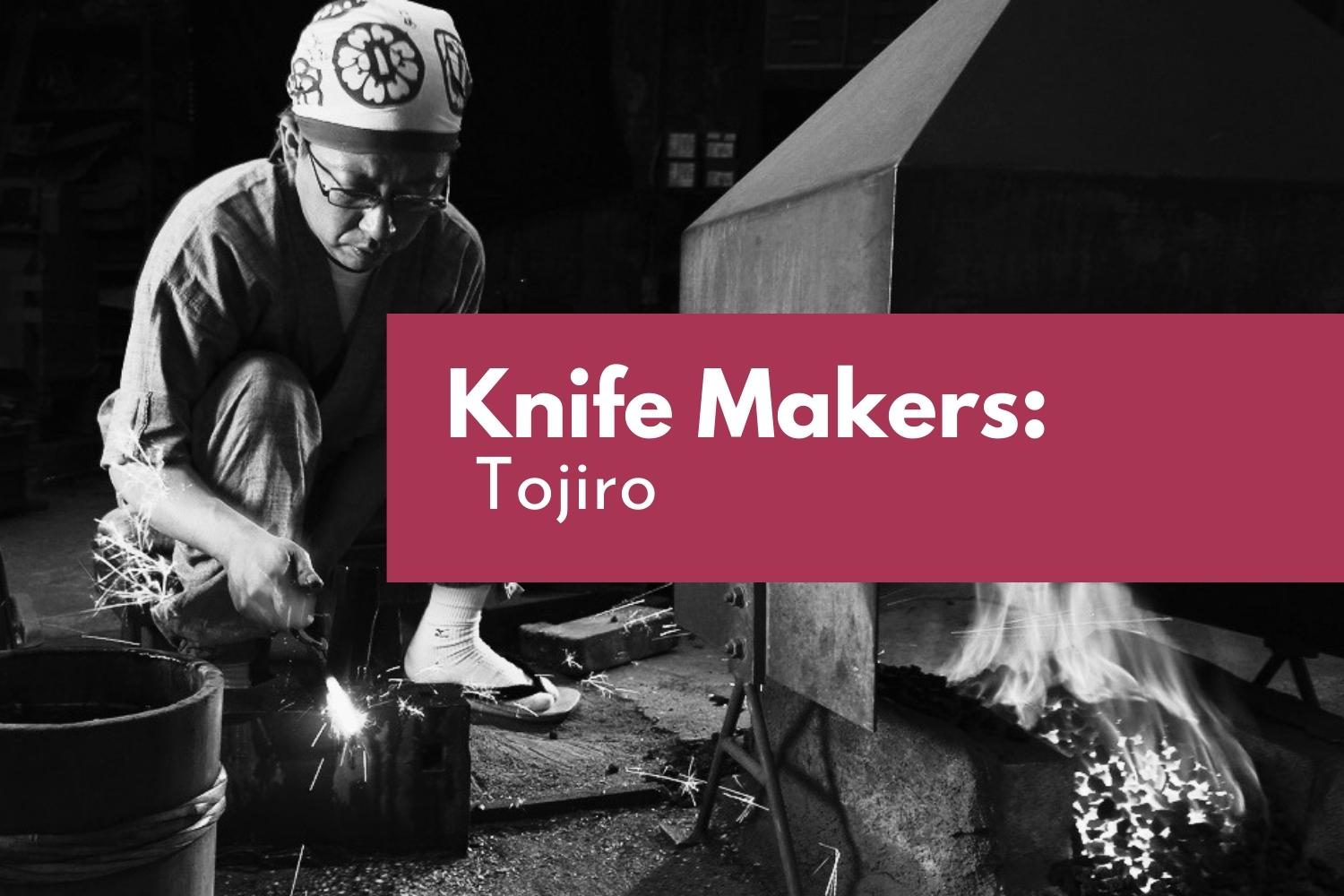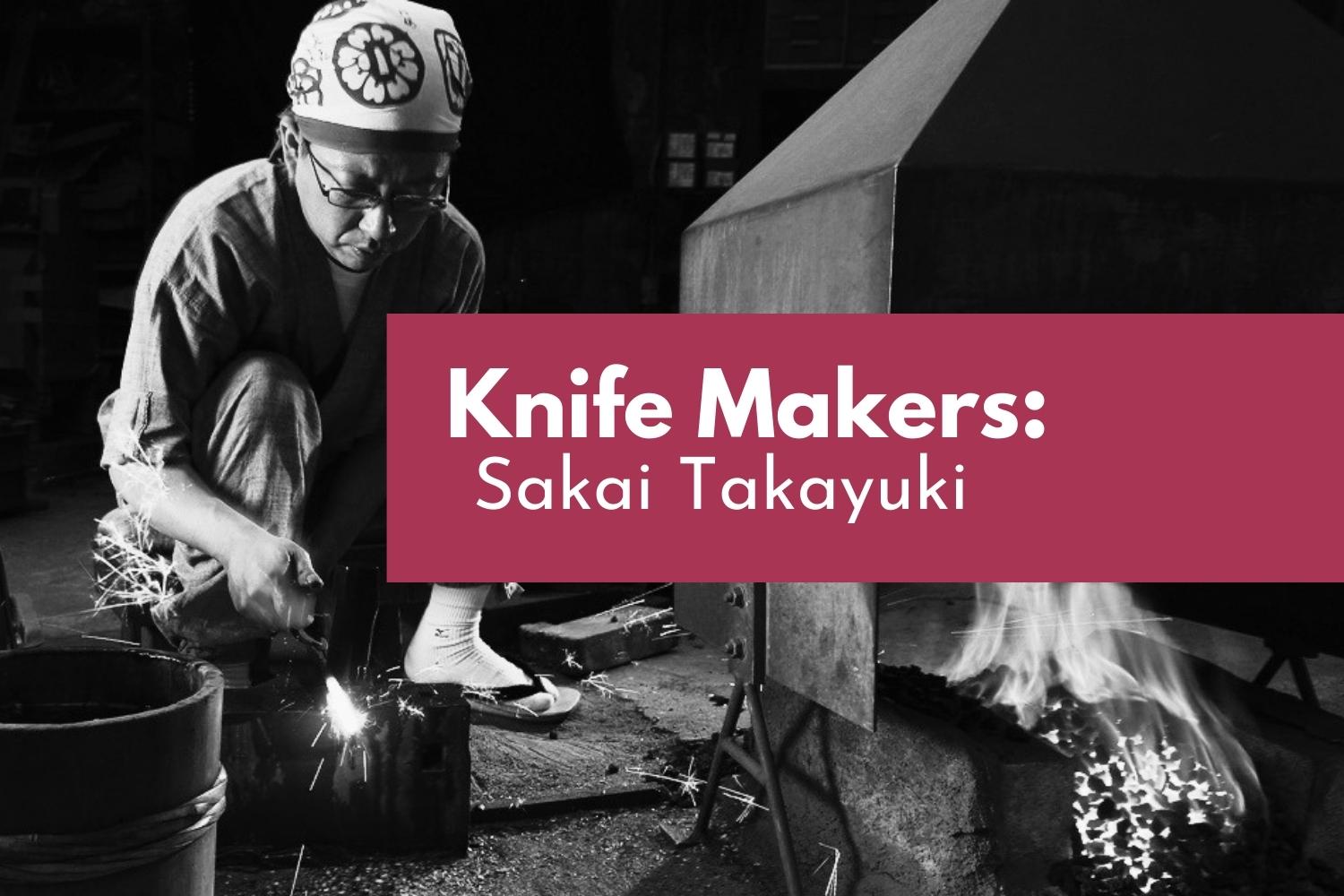Location
Sydney, Australia
Company Profile
Okimoto is a Japanese kitchen knife brand by the team at Chef's Armoury. Okimoto aims to provide quality and affordable everyday kitchen knives. The company has created four kitchen knife collections: Okimoto Buri, Okimoto Fugu, Okimoto Mori, and Okimoto Saba. Okimoto has achieved positive feedback from Australian Chefs. Its high-quality and low-maintenance kitchen knives are perfect for cutting, dicing, and peeling veggies, fish, and fruits.
History
The Okimoto knife originated and was named after Mori Okimoto, a Japanese Samurai. He ruled the Mori Clan during the Sengoku period.
Steels used
Okimoto uses stainless steel with 58-59 HRC in all its four knife series collections. Below are the specifications and compositions of each knife series.
Okimoto Buri is a four-knife series with a subtle hammer finish on its steel and seamlessly integrated bolster. Composed of Petty, two Gyuto, and Santoku knives ranging from 150mm to 240 mm. Buri knife series with 2mm thickness has a 58 HRC.
Okimoto Fugu is a budget hammered finish knife with 59 HRC. Composed of half-tanged 160 mm Nakiri, 170 mm Santoku, and 180 mm Gyuto knives, all in 2mm thickness. The hammered marks are non flushed and imperfect, giving it a natural and rustic feel.
Okimoto Mori is a full tang thin western knife collection for right-handed knife users. Composed of two Gyuto, two Suji Kaku, and a bread knife. This is a more extended knife series from Okimoto ranging from 270mm to 300mm with a fixed 2.1 - 2.2 mm thickness. The thin Aichi stainless steel makes the knife manageable during sharpening to reach its full sharpness potential.
Okimoto Saba is a rustic hammered western knife collection ranging from 1.8mm to 2.1mm in thickness. Composed of a 180 mm Petty, two 210-240 mm Gyuto, 214 mm Kiritsuke, and a Santoku knife. Saba series full tanged in 50:50 V bevel.
Handles used
Okimoto uses black and brown pakkawood in all its knife collections. Its glossy finish, sturdy composition, and waterproof properties make it a practical and efficient choice for a knife handle. Okimoto pakkawood can be used by both right-handed and left-handed kitchen knife users.
Best known for
Okimoto is best known for its value-for-money kitchen knives. Compared to Mcusta Hammered knives, Okimoto hammered collections are much less expensive. You save or purchase a whole collection of quality kitchen knives without emptying your pocket.
Sharpening and maintenance
Stainless steel is known for its durable properties, but can require effort to sharpen Okimoto knives. Always use sturdy abrasives like Japanese waterstones or sandpaper to sharpen the edge of Okimoto knives to their peak sharpness. For the handle, handwashing and applying oil to remove unwanted stains and maintain the color of pakkawood material.
Website
https://www.chefsarmoury.com/collections/okimoto-saba




